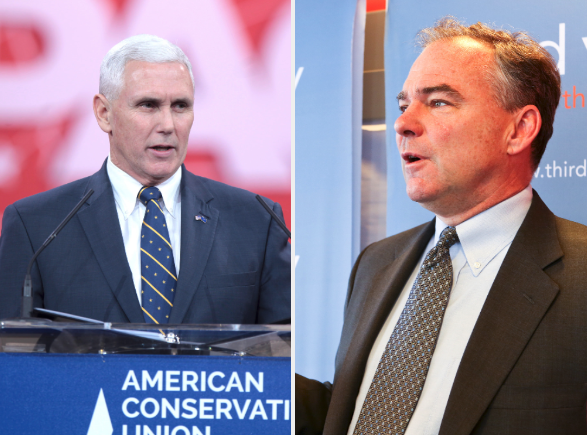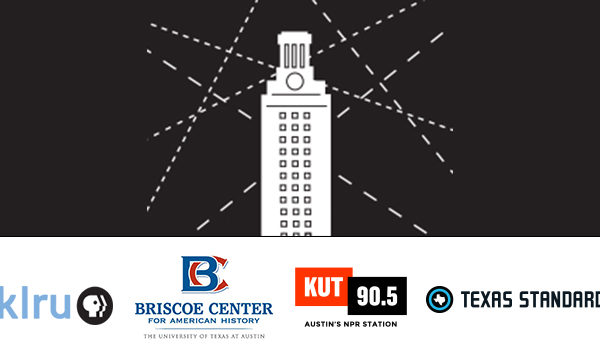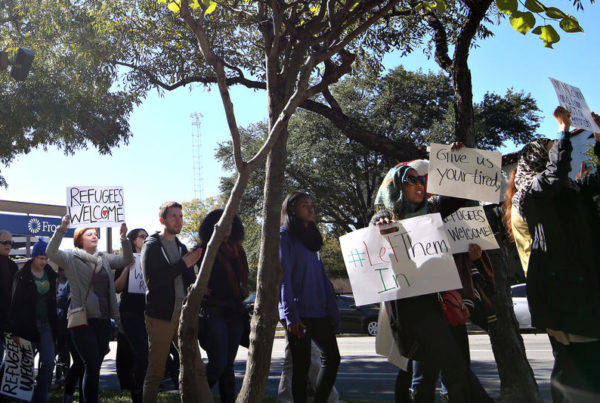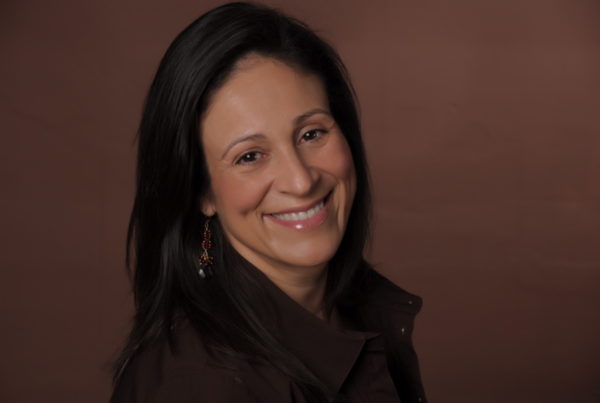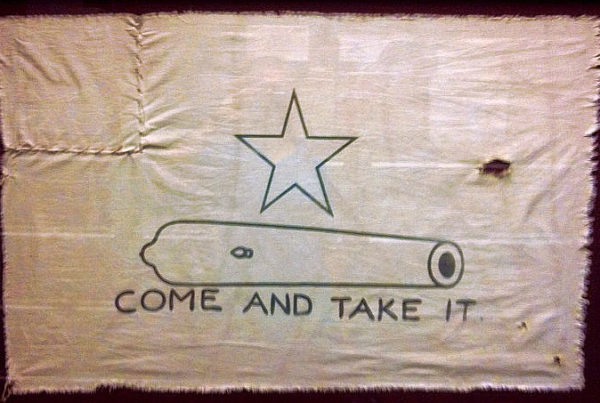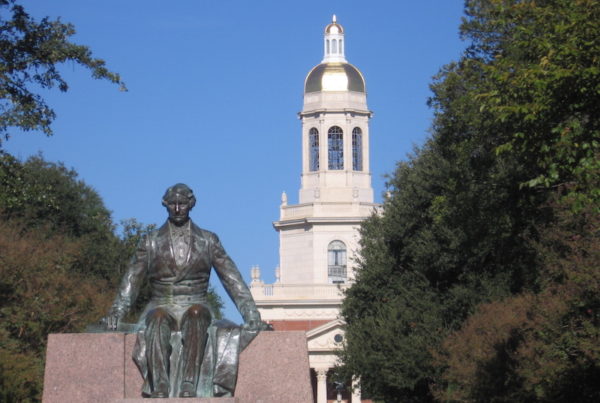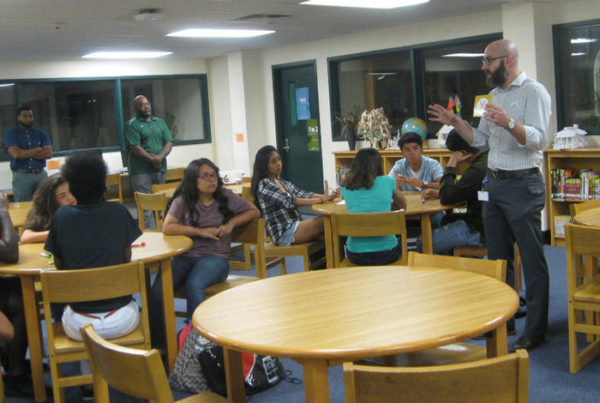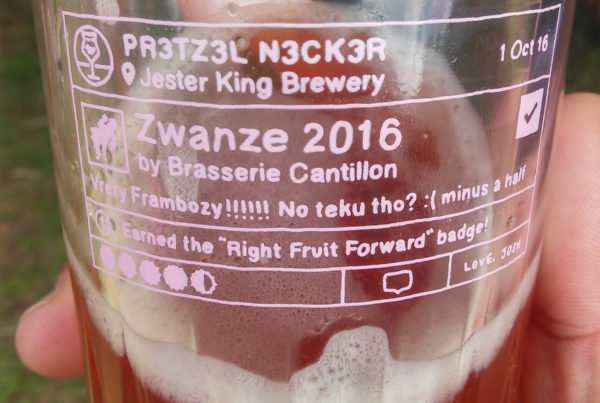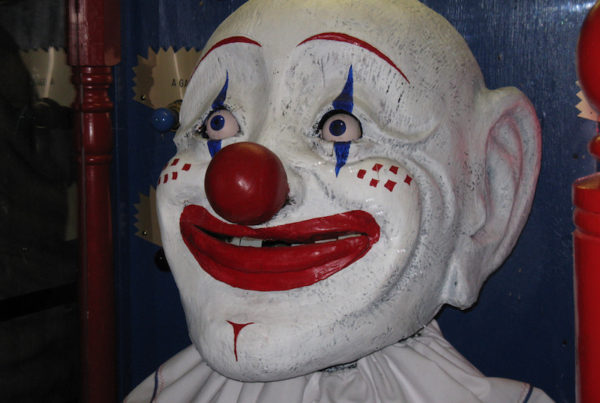It used to be that people concerned about the state of political coverage in America worried about the constant obsession with who’s ahead.
This year, both sides are fixated with landing the nastiest punch, one blow that will decisively take out the other. It almost happened in 1988, during the Vice Presidential debate when Texas Sen. Lloyd Bentsen, a Democrat, quipped to his Republican rival, Sen. Dan Quayle of Virginia: “Senator, you’re no Jack Kennedy.”
Jennifer Mercieca, a professor at Texas A&M, studies the American presidency and political discourse. She says although the vice presidential debate likely won’t draw as much interest at the first presidential debate, VP candidates have drawn more interest in recent elections because the office has become “a more important post” over the last two decades.
“These are people who will have impact on the policy decisions that are made in their respective White Houses,” she says. “Donald Trump, in particular, said he was going to offload most of the work of the presidency, in fact, onto the vice president. So there’s some reason to be interested in what Mike Pence has to say.”
On the candidates explaining their party’s platforms:
“They’re both sort of moderates within the current iterations of their party. Mike Pence, I don’t think, would be a moderate normally. But in 2016, I think he is probably right in the center. … Tim Kaine – he’s a civil rights lawyer. He’s sort of progressive in his own way. I think he’s probably right in the center of the Bernie Sanders/Clinton Democratic party of 2016.”
On how this debate may differ from the first presidential debate:
“I’m hoping that we will see some policy debate this time. … We were a little bit light on policy in the first debate. We were heavier on zingers.”
On who she watches debates with:
“It’s TRDW – it stands for Team Rhetoric Debate Watch … we’ll be calling out ad baculum, ad hominem, slippery slope – these kinds of fallacies that are common. We’re hoping to hold them accountable.”
What rhetoric analysts look for when watching debates:
“A lot of times we’ll watch a debate and we’ll say, ‘Ah they didn’t answer the question!’ So what we’re looking for is – what strategy did they use to avoid answering the question? How did they do it?”
Post by Hannah McBride.


